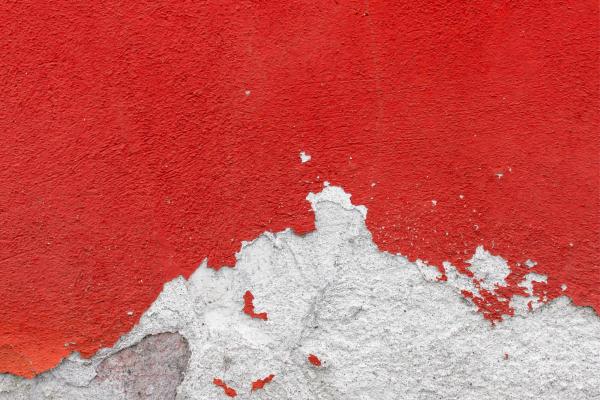May 14, 2017
I have been writing, speaking, and teaching about the manifestations and impact of white privilege since I finished my doctoral work on the subject in 2004, and one of the more difficult subjects to address with white audiences is the question of reparations. While white people tend to frame the subject as a discussion about how much money is going to be taken away from them, there is another way to think about it. Getting white people to give up wealth is a bit of a non-starter, no matter how persuasive the argument might be for its justification.
Read the Full Article

Already a subscriber? Login
